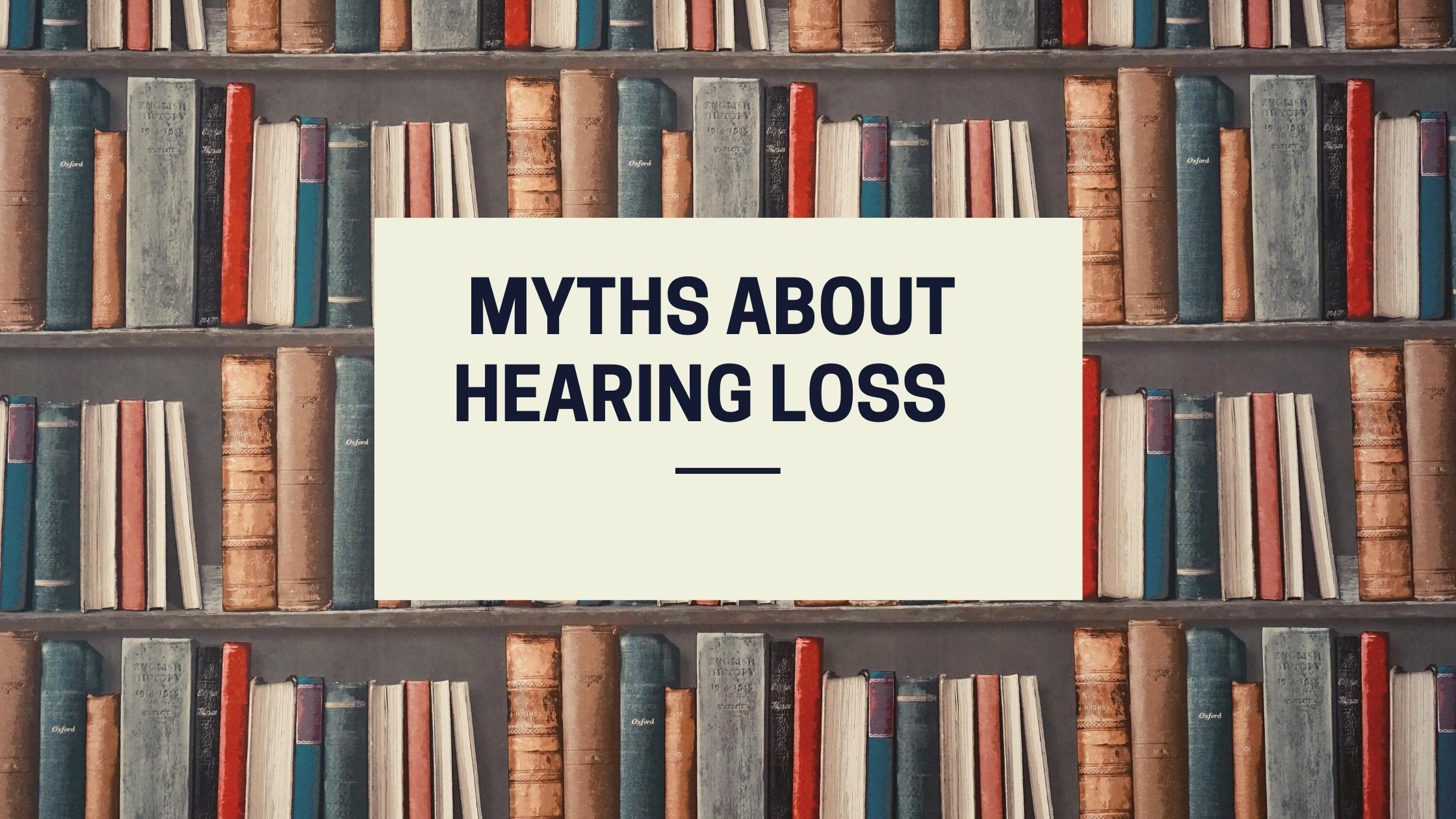
- Exploring the Genetic Landscape of Hearing Loss: Understanding the Role of Genetics - April 15, 2024
- The Hazards of Pretending to Hear - March 25, 2024
- Navigating the World of Cochlear Implants: A Comprehensive Guide - March 15, 2024
You might think you know it all when it comes to hearing loss, but we think you should know a few common myths about hearing loss. In the last few years, we’ve learned so much more about your ears and brain function and how you hear, so it’s time to update your knowledge of hearing loss with all the latest facts.
Myth #1: “Hearing loss is an issue for older adults only.”
One of the most common myths about hearing is that hearing loss only affects seniors. Age-related hearing loss is a significant cause of hearing loss, but it’s not the only kind of hearing loss you need to be aware of. Many people of all ages suffer from noise-induced hearing loss (NIHL), which results from exposure to dangerously loud sounds. Whether on the job, on the commute to work, or from mowing your lawn last Saturday afternoon, NIHL affects millions of Americans.
Young people of today spend a lot of their lives with earbuds firmly in their ears, whether listening to music, watching videos, or chatting with friends. The Centers for Disease Control and Prevention recently stated that nearly 16% of teens report hearing loss! In fact, young people are more at risk of hearing loss than ever before, mainly due to unsafe listening practices.
Hearing loss can also be present at birth or result from certain medications, illnesses, injuries, environmental factors, or even genetics.
Myth #2: “If I had hearing loss, my doctor would have told me by now.”
You may think your doctor will detect your hearing loss. However, hearing screening isn’t included in your yearly checkups, and your doctor will be more concerned with the health problem you came to talk about than determining if you have hearing loss.
Your doctor is a wealth of knowledge and advice regarding your overall health. Still, when it comes to your hearing health, you need to visit a hearing specialist. It’s recommended that you get your hearing tested yearly to monitor your hearing health and catch the early signs of hearing loss before it becomes a significant problem.
Myth #3: “Hearing aids don’t work.”
You may be remembering the clunky hearing aids your friend had 15 years ago. They buzzed and whistled, and they didn’t seem to help them hear anyway.
While it’s true that hearing aids won’t restore your hearing to the level it once was, modern hearing aids are sophisticated pieces of technology that will change your world. Directional microphones will reduce background noise and pick up on the critical speech sounds you’re straining to hear. They can connect to your smartphone for the best in audio streaming and can even be controlled from an app. They’ll help you communicate easily with family and friends, and you’ll never miss the punchline of another joke.
Myth #4: “Only one of my ears needs a hearing aid.”
You may think you only have one bad ear and don’t need to get hearing aids just yet, but it’s all a matter of perspective. It’s probably true that one of your ears is worse than the other, but in 90% of cases, the “good ear” also isn’t hearing as clearly as it once did. Your brain adapts to the changes in hearing, and you might not realize just how bad your hearing is in both ears until you get a hearing test. Your brain is very adaptable, and if you’re missing certain sounds for an extended period, your brain will actually forget how to process those sounds.
This is why it’s essential to treat your hearing loss early, whether or not you have one or two bad ears. Do the right thing for your ears and brain, and get your hearing tested! If a hearing loss is detected, you’ll know whether it is single-sided hearing loss. We can help you find the best treatment option for your needs – usually, CROS hearing aids are prescribed for single-sided hearing loss.
Our trained team will provide hearing assessments, diagnose your hearing loss, and help you decide on the treatment method that’s right for you. Visit us once a year to create a baseline for your hearing health and build a relationship with someone you can trust with your hearing health. We’ll help you pick the perfect hearing device and make sure you know all the facts about your hearing.
